Kupang Deputy Mayor Launches Book “Get Well Soon, Ciko!” Partners
Kupang Deputy Mayor, Serena Francis, has stated that the community and children need early awareness about the dangers and negative impacts of interacting with wild animals, such as dogs and cats, to prevent exposure to rabies.
Serena Francis conveyed this during the launch and storytelling event for the book "Get Well Soon, Ciko" at the Gerson Poyk Cultural Park in Kupang on Thursday, April 10.
The Kupang City Health Office, in collaboration with the One Health Collaborating Center (OHCC) of Udayana University—which partners with the International Alliance Against Health Risks in Wildlife Trade Protection Awareness (OHAWE)—has signed a Cooperation Agreement to publish a children's storybook. The book's theme is wildlife protection and the prevention of animal-sourced diseases (zoonoses), tailored to local animals and the cultural context of East Nusa Tenggara Province.
The animal featured as the main character in the children's storybook "Get Well Soon, Ciko!" is a dog, which is one of the animals that transmits Rabies. The book was written by Robertus Fahik and is published in a Trilingual format (English, Indonesian, and the Kupang language).
According to Deputy Mayor Serena Francis, Kupang City, with its diversity, faces its own unique challenges, such as the trade and consumption of wildlife, particularly the consumption of dogs.
She emphasized that it is important for the community and children to understand the dangers and negative impacts of interacting with such wildlife.
Serena Francis explained that rabies can be transmitted through the saliva or bites of animals like dogs and cats, making preventive efforts necessary, including through educational institutions.
"Rabies can be transmitted through saliva and bites from animals like dogs and cats. Therefore, caution must be exercised during interaction and meat consumption should be done safely," explained Serena.
She added that through the creation and storytelling of the book "Get Well Soon, Ciko," students can become agents within their schools, capable of educating their peers and the wider community about the dangers of disease transmission from wildlife.
"You can read the book at your respective schools. Afterwards, you can tell the stories to your friends, parents, and neighbors to help reduce the transmission of rabies and the consumption of dog meat," said Serena Francis.
The event was also attended by the Head of the Disease Prevention and Control Division of the Kupang City Health Office, Tiurmasari E. Saragih, S.KM, M.Sc; the Udayana University OHCC Team coordinated by Ni Komang Semara Yanti, S.KM., MPH, as Program Manager; the NTT Regional Coordinator for the OHAWE Project, Adeline Th. Bolla, S.KM, M.ScPH; along with other officials from the Education Office, the Cooperation Section, and the Legal Section of the Kupang City Regional Secretariat, and the Technical Implementation Unit (UPT) of the Gerson Poyk Cultural Park.
The storytelling performance, staged by the children's group Teater Satu Timor, was combined with another agenda: pre- and post-tests to measure the knowledge level of students and parents regarding animal protection and animal-sourced infectious diseases, specifically related to dogs as transmitters of Rabies. The activity involved representatives of 5th and 6th-grade Elementary School children: 40 students from SD Negeri Bertingkat Naikoten; 35 students from SDK St. Yoseph I Naikoten II; and 25 parents of elementary school students.
The publication of the book and the storytelling of "Get Well Soon, Ciko!" are expected to serve as an effective educational method for children, helping to develop their imagination, creativity, and social-emotional skills, thereby contributing to the survival of local wildlife in NTT, particularly dogs, which are often victims of the animal trade for consumption or sold as food menu items. Furthermore, this activity is also hoped to raise public awareness and concern for properly and appropriately caring for and protecting pets, to prevent contracting animal-sourced diseases, especially Rabies, which has already reached Timor Island, including Kupang City.
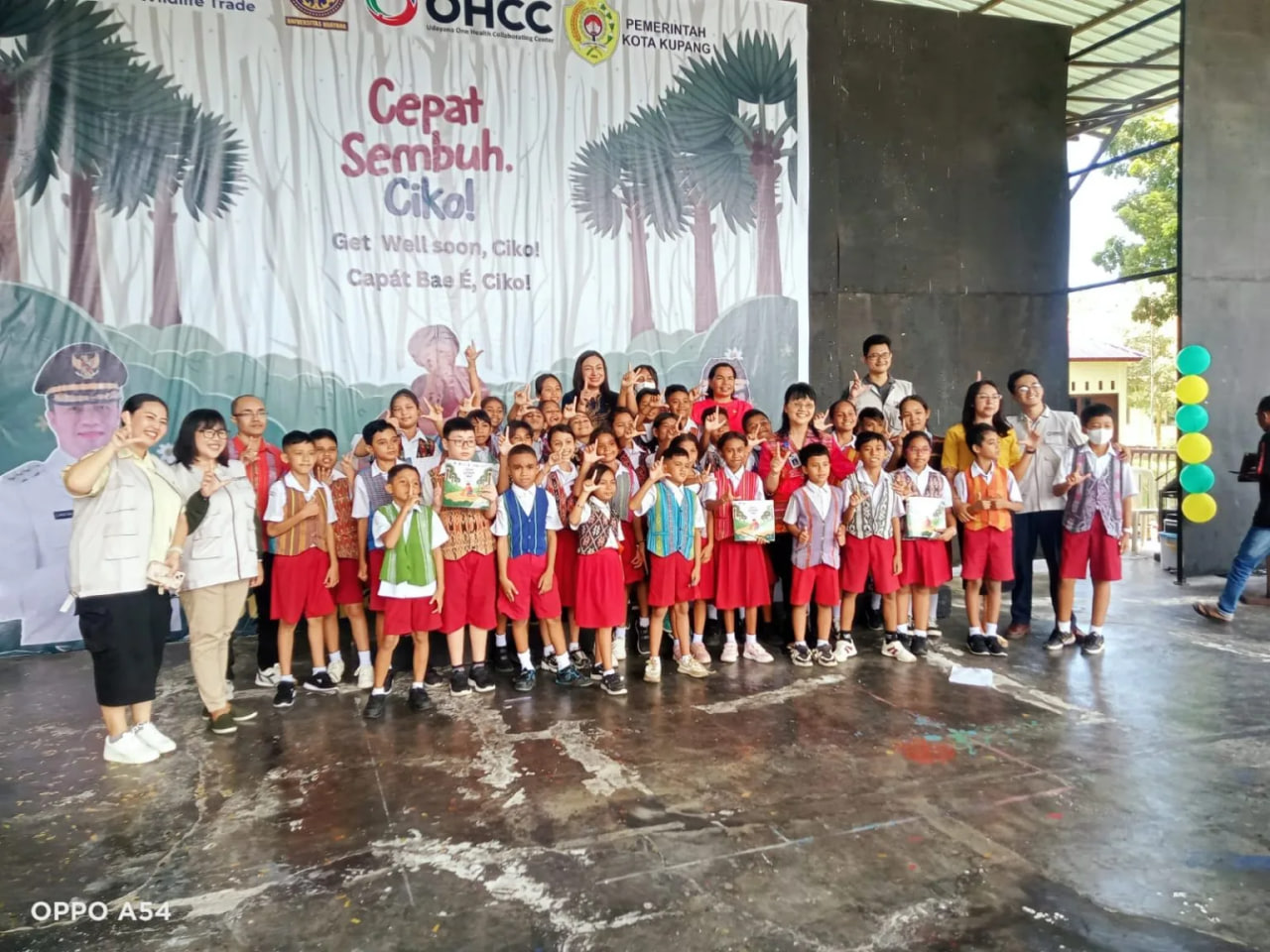
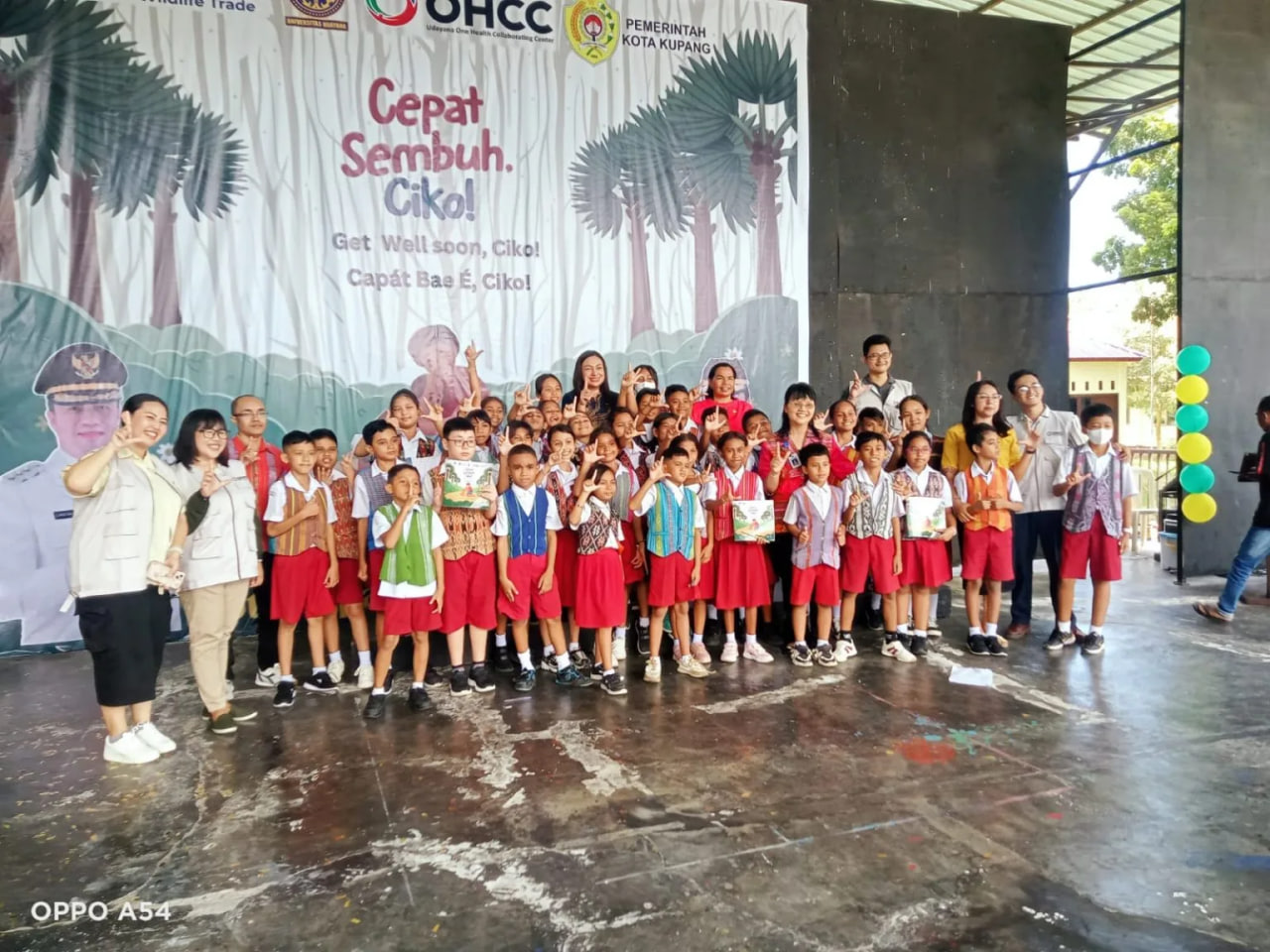
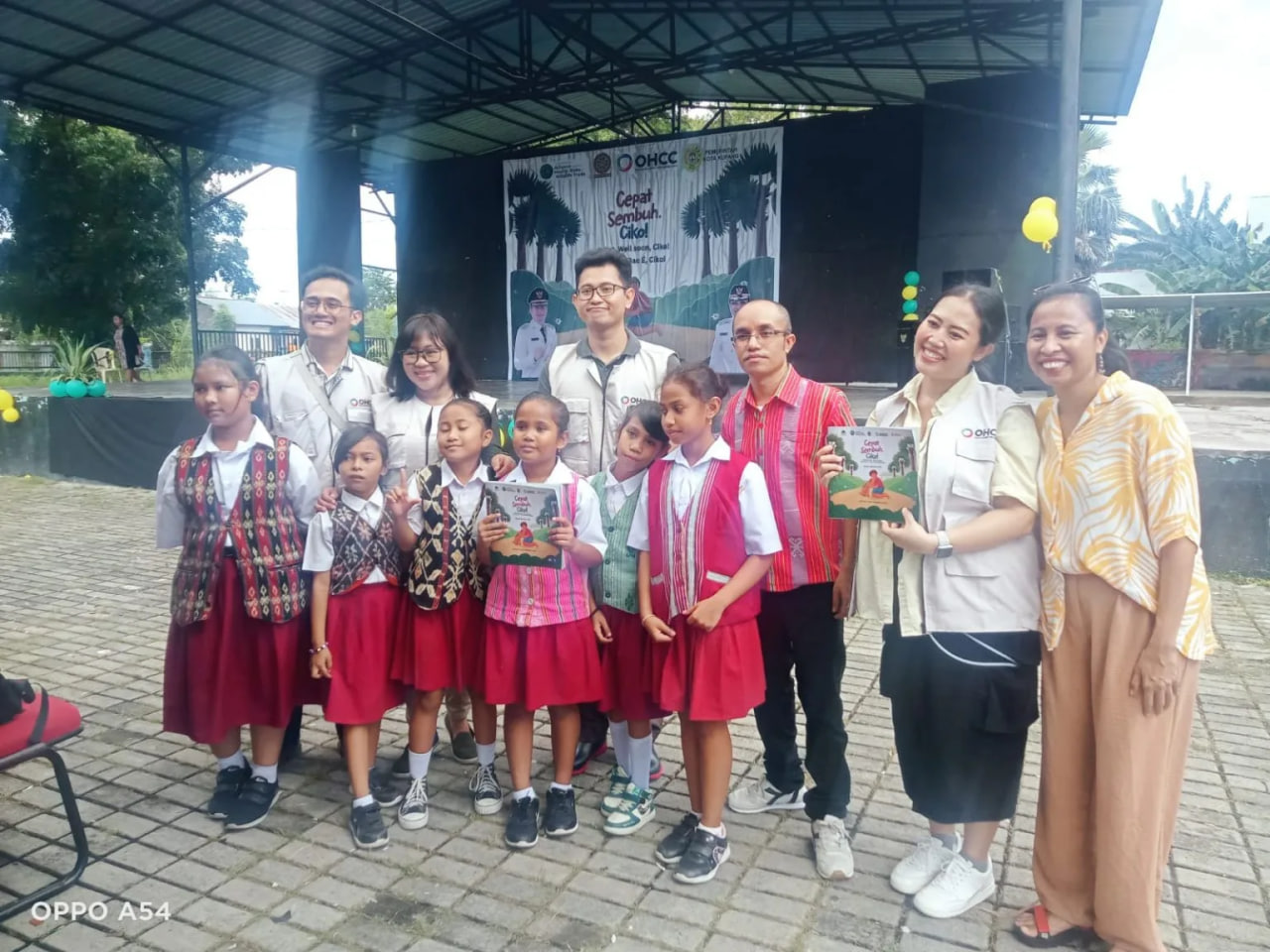
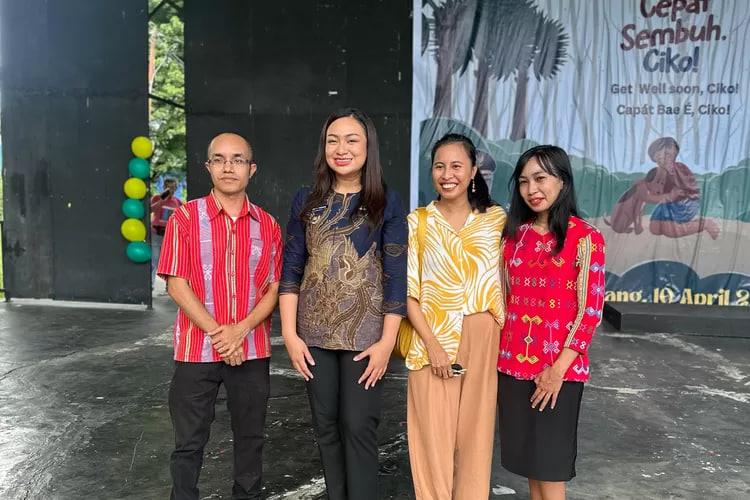
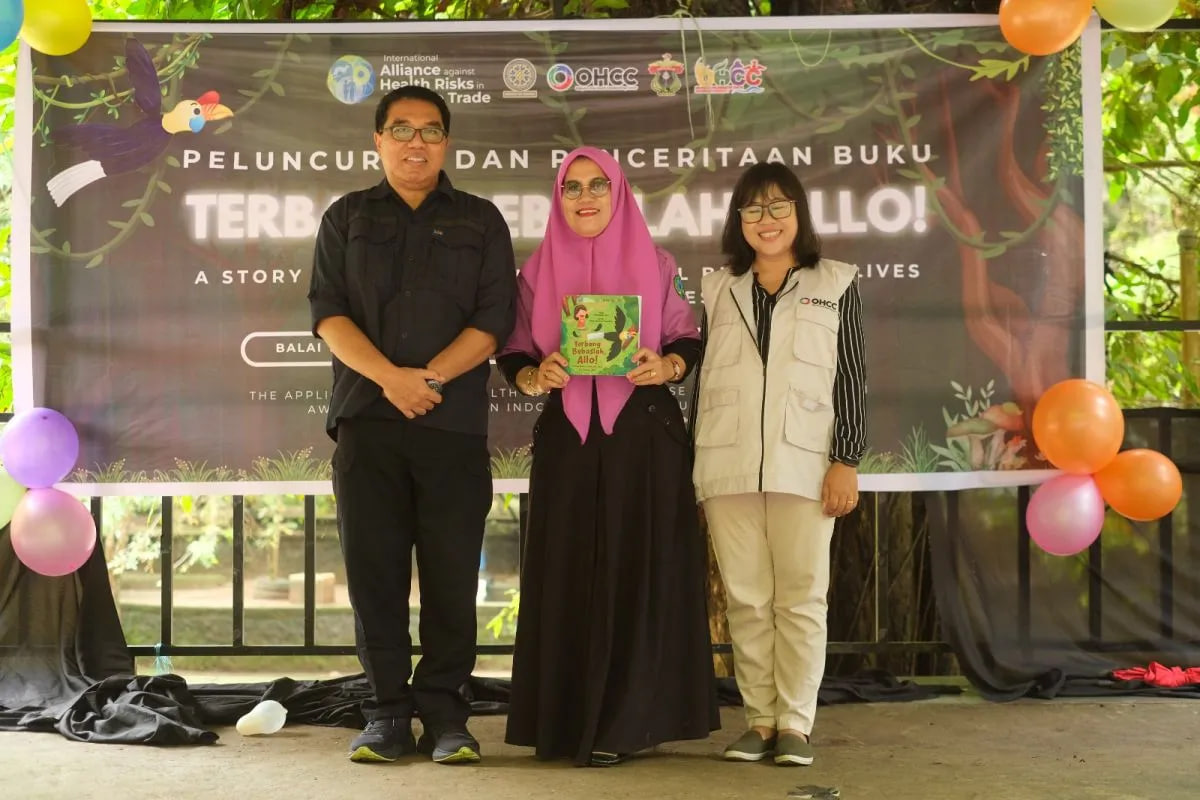
UDAYANA UNIVERSITY